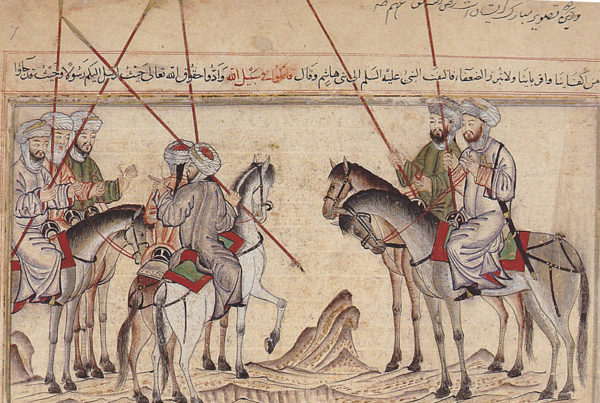Ever since the days of Lenin, a class of “Political Pilgrims” like Sidney and Beatrice Webb, George Bernard Shaw, Lincoln Steffens, Jane Fonda, and so many others have visited the world’s most murderous regimes. Then they have returned to their home societies and pronounced their marveling enthusiasm about some of the cruelest dictatorships we have ever seen. Trying to understand this phenomenon has not been easy.
Jamie Glazov is boldly following in the footsteps of Malcolm Muggeridge, Arthur Koestler and Paul Hollander in trying to understand this strange attraction. Glazov’s United in Hate: The Left’s Romance with Tyranny and Terror (WND Books, Los Angeles, 2009) has more data to work with than his predecessors, but also has some new phenomena to plumb. Of particular interest are the strange apologias we see for Islamic Fundamentalism from people like Michael Moore, George Galloway, Noam Chomsky and others who profess no love for conservatism of any kind in their home societies.
Glazov is right to point out that most of these pilgrims and apologists are from out of the Left, but can be readily distinguished from that noble lineage of social democrats and trade unionists who do put their faith in our institutions and societies. The difference, to Glazov, is an unconscious or submerged appetite for self-destruction directed externally. Any enemy of our society is worthy of their embrace and support; anyone who stands against those enemies has to be undermined.
Glazov’s arguments are more direct than those of Hollander, Koestler, and others; but his examples are extensively documented. All these support his central thesis, which is – alas – a mere 15 pages in his second chapter; but his diagnosis of the true believer is sound. These Leftists yearn to submerge themselves into the destructive new order, where the individualism they hate and despise in themselves will finally be destroyed in all of us. His diagnosis might have made more use of Eric Hoffer and Koestler (particularly, Koestler’s description of the mental defences of a true believer in his essays in The Yogi and the Commissar), but this is a minor complaint about a sound book.
This book is well worth reading and should be added to any reasonable collection on history, politics and international relations.
Jamie Glazov is a Canadian (he thanks Jack Granatstein for helping lay the foundations of this inquiry), and holds a PhD in history. He can also be encountered as the managing editor for www.frontpagemag.com.








